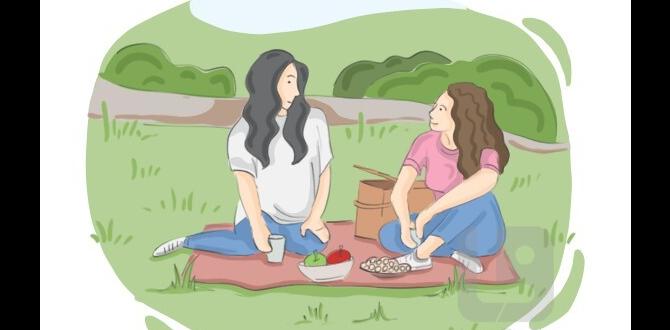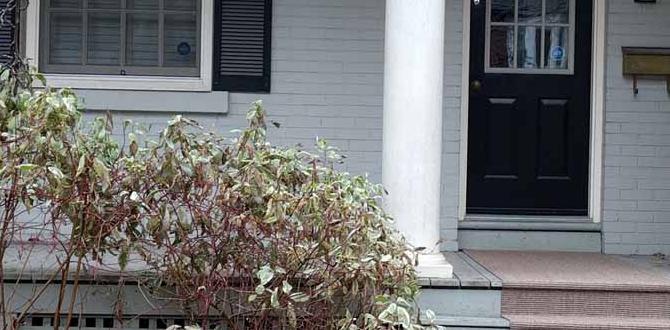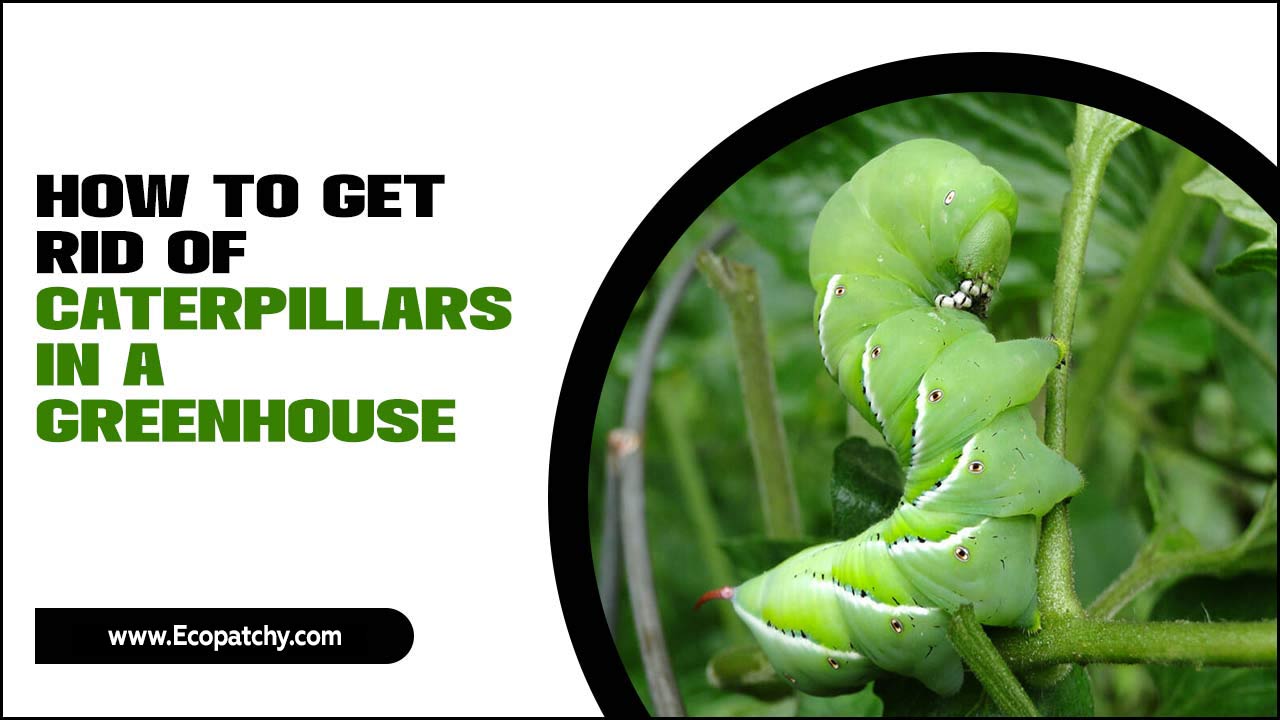Have you ever seen a trail of ants marching in your garden? At first glance, they may look like busy little workers, but are ants bad for gardens? Many gardeners wonder if these tiny pests help or harm their plants. In fact, ants can be both good and bad, depending on the situation.
Did you know that some ants protect plants from harmful pests? They can even help spread seeds. It’s surprising how much these little creatures can do. However, ants can also attract other pests like aphids, which can harm your plants.
So, should you welcome ants into your garden or try to get rid of them? The answer might not be so simple. Let’s explore this interesting topic and find out how ants affect gardens overall.
Are Ants Bad For Gardens? Understanding Their Impact
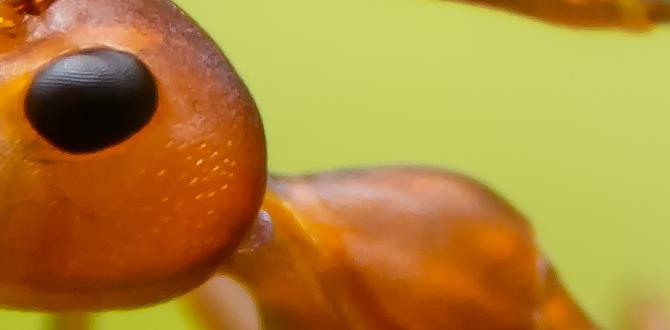
Are Ants Bad for Gardens?
Ants can be helpful and harmful in gardens. They aerate the soil, helping plants grow better. However, some ants can protect pests like aphids. This can lead to plant damage. Did you know some gardeners even find ants annoying because they disturb plants while searching for food? It’s helpful to keep an eye on ant activity. Understanding their role can help you decide if they’re friends or foes in your garden.Positive Contributions of Ants in Gardens
Role of ants in soil aeration and nutrient cycling. Benefits of pest control and seed dispersal by ants.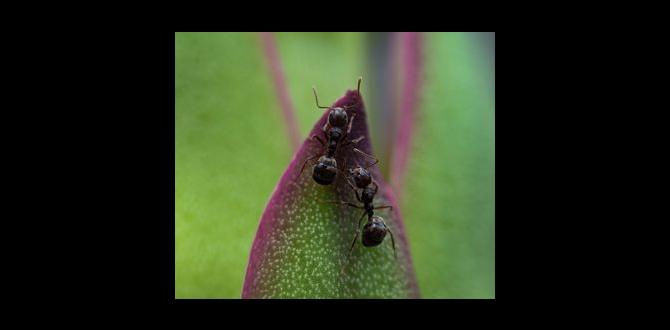
Ants are like little gardeners! They dig tunnels underground, which helps air and water reach plant roots. This allows plants to grow big and strong. Ants also munch on pesky bugs, keeping your garden safe. Plus, they help spread seeds around, helping new plants pop up in fresh spots. Imagine ants as tiny heroes, making your garden a better place! Who knew such small creatures could have such a big impact?
| Ant Contributions | Benefits |
|---|---|
| Soil Aeration | Improves water and nutrient flow to plants |
| Pest Control | Keeps harmful insects away |
| Seed Dispersal | Helps plants grow in new areas |
Negative Impacts of Ants on Gardens
How ants can protect harmful pests like aphids. Potential damage to young plants and root systems.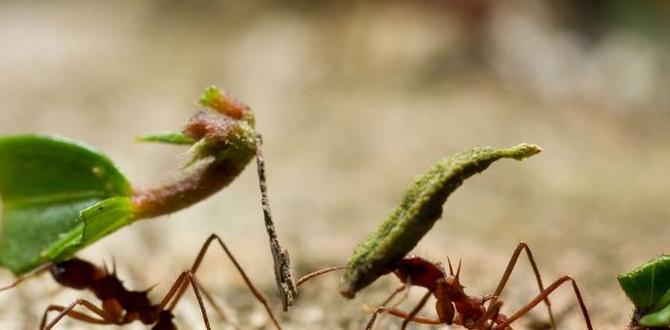
Ants can be tricky in gardens. They often protect pests like aphids. These tiny bugs suck the juice from plants. When aphids thrive, your plants may suffer. Ants also disrupt young plants. Their nesting can damage roots, making it hard for plants to grow strong. Without strong roots, plants can wilt or die.
- Ants shield aphids, boosting their numbers.
- Young plants can get root damage from ant nests.
- Weakened plants are less likely to survive.
Do ants help or hurt plants in gardens?
Ants can harm plants by protecting pests and damaging roots. It’s best to keep them in check for healthier gardens.
When to Worry About Ants in Your Garden
Signs of ant infestations and their implications. Situations where ant presence indicates garden issues.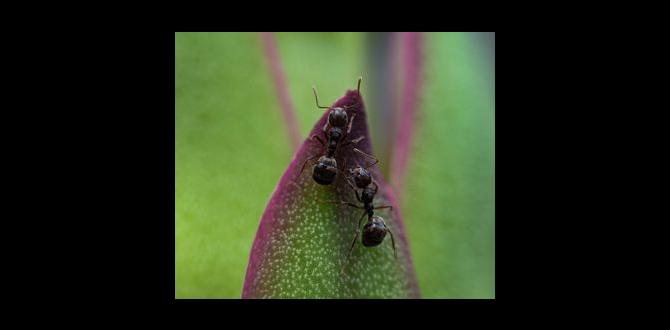
Spotting many ants in your garden can be a worry sign. They might be helping out, but they can also mean trouble. Here are some signs to watch for:
- Ant trails leading to plants.
- Soil disturbances around roots.
- Plant leaves eaten or damaged.
If you see these signs, something might be wrong with your plants. Ants can protect harmful pests like aphids that suck life from your plants. Keep an eye out! A few ants help, but many may signal an issue.
Are ants harmful to plants?
Yes, ants can be harmful to plants. They might farm pests that harm plants. This can weaken your plants and lead to bigger problems.
Managing Ant Populations in Your Garden
Organic methods for controlling ant populations. Tips for maintaining a balanced ecosystem in the garden.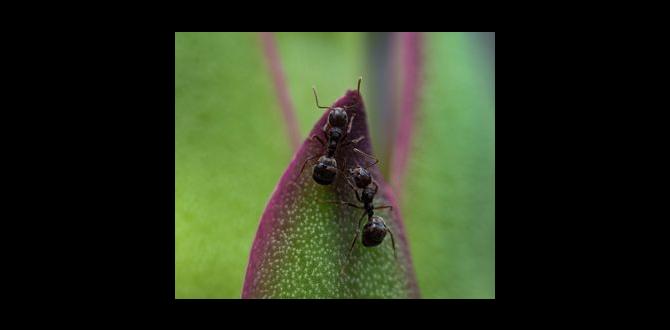
Ants can be quite the little gardeners, but sometimes their presence gets out of hand. To keep ant numbers in check, use organic methods. A simple mix of vinegar and water can work wonders. Also, sprinkle some cinnamon where ants gather; it’s like their version of “stay away.” To maintain balance, plant flowers that attract beneficial insects. This helps keep nature in harmony. Remember, every critter plays a part in our garden, even the tiny ones!
| Organic Method | Effectiveness |
|---|---|
| Vinegar and Water Mix | Strong |
| Cinnamon Sprinkles | Moderate |
| Planting Beneficial Flowers | High |
Conclusion
In summary, ants can be both helpful and harmful in gardens. They protect some plants but also farm harmful pests like aphids. If you see many ants, check for pests they may be protecting. To learn more, read about the roles of insects in nature. Understanding these little creatures helps you care for your garden better. Happy gardening!FAQs
How Do Ants Impact Soil Health And Plant Growth In Gardens?Ants help improve soil health in gardens. They dig tunnels, which makes the soil loose and easy for plant roots to grow. Ants also break down dead plants and food, adding nutrients to the soil. This helps plants grow strong and healthy. So, having ants in your garden is good for plants!
What Are The Potential Benefits Of Having Ants In A Garden Ecosystem?Ants are helpful in gardens. They move dirt around, which makes the soil better for plants. They also hunt pests, keeping bad bugs away. Plus, ants help spread seeds, helping new plants grow. Having ants means a healthier and happier garden!
In What Ways Can Ants Harm Specific Plants Or Garden Crops?Ants can harm plants in a few ways. First, they might protect and farm aphids, which suck juice from plants. This takes away food from the plants and can make them weak. Ants also make tunnels in the ground, which can hurt roots. Lastly, some ants eat seeds, stopping new plants from growing.
How Can Gardeners Manage Ant Populations Without Harming Beneficial Insects?To manage ant populations, you can use a few safe methods. First, keep your garden clean by removing food scraps. You can also create barriers, like spreading diatomaceous earth, which is safe for good insects. Planting strong-smelling herbs like mint can help keep ants away. Finally, if you spot an ant nest, try moving it to a less busy area of your garden.
Are There Any Garden Pests That Ants Are Known To Protect, And How Does This Affect Overall Pest Management?Yes, ants often protect tiny insects called aphids. Aphids suck juice from plants and can hurt your garden. In return for protection, ants get the sweet liquid that aphids produce. This makes it harder for us to control pests because ants keep aphids safe. If we want a healthy garden, we must find ways to manage both ants and aphids.

